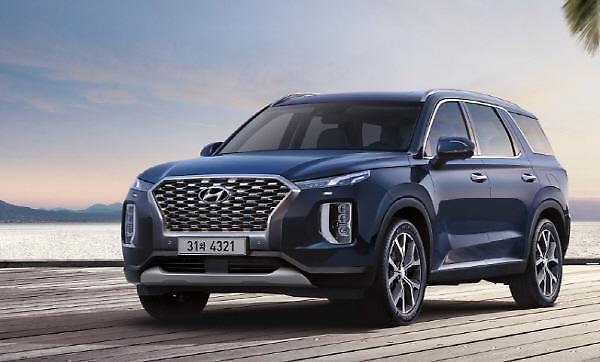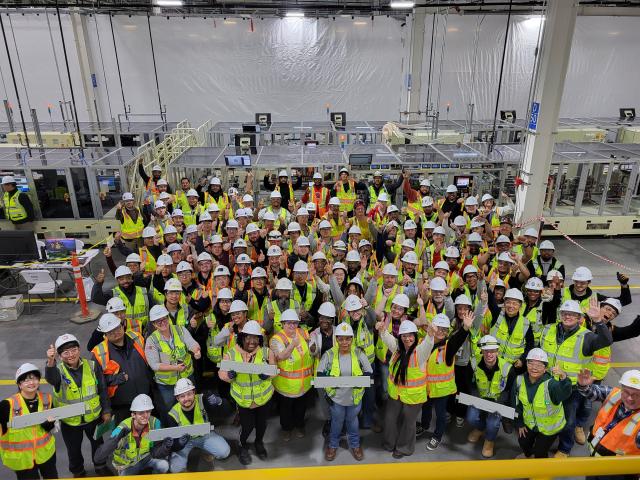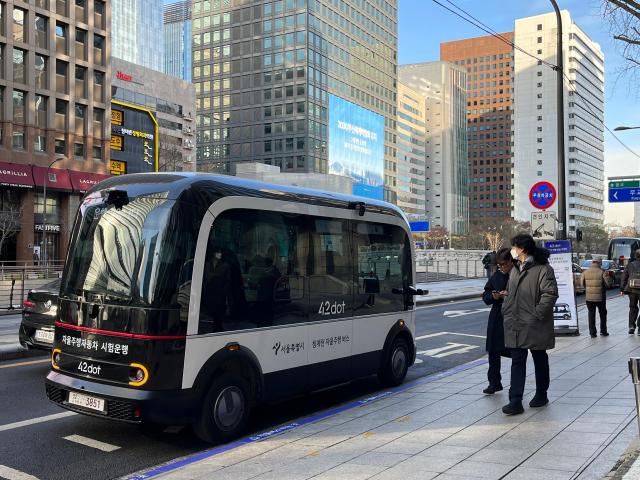
[Courtesy of Hyundai Motor]
The group promised to invest 41.1 trillion won in enhancing existing business capabilities and about 20 trillion won in future technologies. It set a goal of becoming the third-largest player in electric and hydrogen-electric vehicle markets and a 5 percent market share in the global auto market in 2025, with its operating profit ratio to be raised to eight percent till then.
"We set a strategic direction in 2025 to become a smart mobility solution company that offers a comprehensive mobility solution through a combination of intelligent mobility products and services. We will transform our business structure accordingly," Hyundai Motor CEO Lee Won-hee said Wednesday at a meeting of institutional investors.
To secure money, Hyundai Motor will cut costs by 34.5 trillion won over the next five years. The investment in future businesses is related to mobility service platforms, robotics, urban air mobility, autonomous driving, connectivity and electric vehicles. Urban air mobility is a new idea that utilizes flying transports such as compact-sized airplanes and multi-copters in crowded urban areas.
Hyundai Motor envisioned a customized mobility service, which combines cars with major services such as maintenance, management, finance, insurance and charging. In North America, it will conduct car-sharing and self-driving taxi demonstration projects in preparation for the commercialization of self-driving cars. The group aims to produce full self-driving vehicles in 2024.
Executive vice chairman Chung Eui-sun, the group's virtual head, has called for a drastic structural change to become a key player in the production of personal air vehicles (PAVs) or flying cars, which are emerging as a future system of travel to avoid traffic jams on urban roads as the doorstep-to-doorstep average speed for cars is predicted to degrade further.
Chung has headed the group with his 81-year-old father staying away from daily group affairs. He appointed Shin Jai-won, a prominent NASA researcher, as the head of its newly-established division for urban air mobility in September to develop flying cars. Shin oversaw a $725 million program to lead many new aeronautics research initiatives such as supersonic X-plane and urban air mobility.




![[CES2024] Hyundai Mobis showcases crab-walking EV MOBION](https://image.ajunews.com/content/image/2024/01/10/20240110172223420921.jpg)